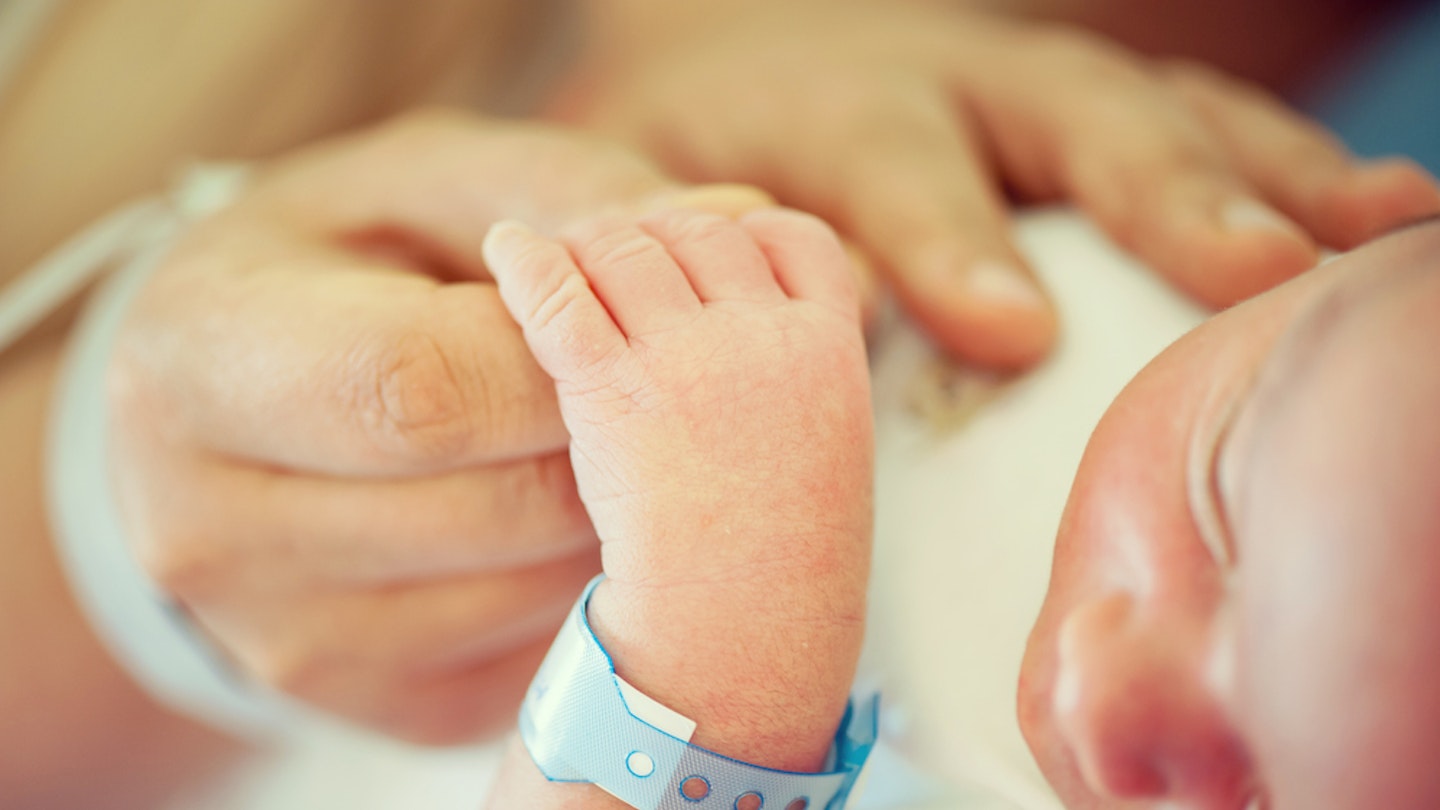In November this year, Emma Wren Gibson was born, 24 years after she was frozen as en embryo on 14th October 1992.
According to CNN, this makes the embryo 24 years old after it was thawed out on 13th March 2017 at the National Embryo Donation Centre. This sets world records as Emma is now the oldest known frozen human embryo to result in a successful birth.
Her mum, Tina Gibson was only 18 months old when her daughter’s embryo was frozen, and her and her husband Benjamin have admitted to being surprised at the revelation of their daughter’s embryonic age.
Tina and her husband Benjamin had spoken about adopting children, as Benjamin has cystic fibrosis which causes infertility in the majority of male sufferers. The couple have fostered several children, but decided to adopt an embryo they told CNN.
Despite this breaking world records, Tina has said: ‘I just wanted a baby. I don’t care if it’s a world record or not. Do you realize I'm only 25? This embryo and I could have been best friends!’
That said, US regulations stipulate that companies only have to report the outcome of the pregnancy of embryos they use, not the age, so the record cannot be verified.
